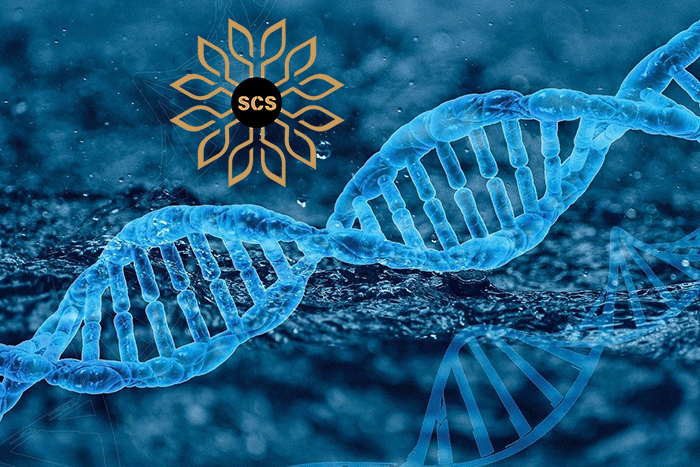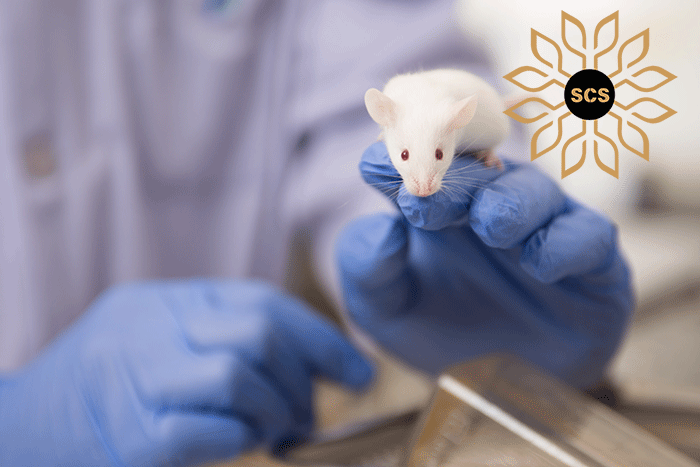Food & Nutraceuticals
SCS Consulting Group
Food & Nutraceuticals
"GRAS" stands for "Generally Recognized As Safe" and signifies a designation for substances considered safe for intentional addition to food. The US Federal Food, Drug, and Cosmetic Act (the Act) regulates food additives, requiring premarket review and approval by the FDA. However, substances recognized as GRAS by qualified experts are exempt from this process, provided they have been adequately demonstrated safe under their intended use conditions.

Safety Evaluation: Addressing Potential Risks
To ensure consumer safety, direct food additives and color additives undergo a thorough evaluation process. This assessment assigns a "Concern Level" (low, intermediate, or high) based on two key factors:
Toxicological Potential: This considers the inherent toxicity of the additive, predicted from its chemical structure (low, intermediate, or high).
Cumulative Human Exposure: This estimates the amount of the additive a person might consume over time. By combining these factors, the evaluation aims to identify any potential safety concerns associated with the use of the additive in food.
Services offered by SCS Consulting Group
Mutagenicity & In-vivo Toxicology Services for GRAS & Food Additives
To ensure consumer safety, direct food additives and color additives undergo a thorough evaluation process. This assessment assigns a "Concern Level" (low, intermediate, or high) based on two key factors:
Toxicological Potential: This considers the inherent toxicity of the additive, predicted from its chemical structure (low, intermediate, or high).
Cumulative Human Exposure: This estimates the amount of the additive a person might consume over time. By combining these factors, the evaluation aims to identify any potential safety concerns associated with the use of the additive in food.
Services offered by SCS Consulting Group
Mutagenicity & In-vivo Toxicology Services for GRAS & Food Additives
Mutagenicity Studies
- Test for gene mutations in bacteria (Ames test)
- In vitro test with cytogenetic evaluation of chromosomal damage using mammalian cells
- In vitro mouse lymphoma thymidine kinase+/- gene mutation assay
- In vivo test for chromosomal damage using mammalian hematopoietic cells
- In vitro test with cytogenetic evaluation of chromosomal damage using mammalian cells
- In vitro mouse lymphoma thymidine kinase+/- gene mutation assay
- In vivo test for chromosomal damage using mammalian hematopoietic cells

In-vivo Toxicology
- Short term toxicity with rodents (28 days)
- Sub-chronic toxicity studies with rodents (90 days)
- Chronic toxicity studies with rodents (1 year)
- Carcinogenicity
- Two-Generation Reproduction and Teratology Study
- Sub-chronic toxicity studies with rodents (90 days)
- Chronic toxicity studies with rodents (1 year)
- Carcinogenicity
- Two-Generation Reproduction and Teratology Study

JOIN WITH MANY WHO HAVE BENEFITED WITH US
SCS Consulting Group

